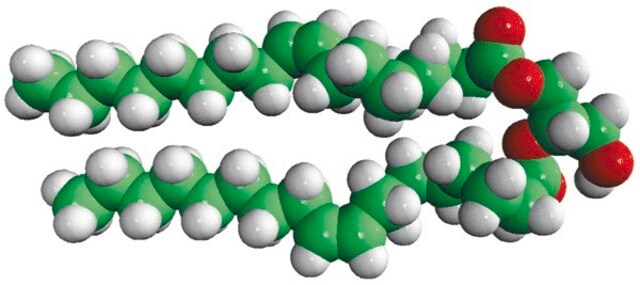870320P
Avanti
N-palmitoyl homocysteine (PHC)
Avanti Research™ - A Croda Brand 870320P, powder
Synonym(s):
N-palmitoyl homocysteine (ammonium salt)
About This Item
Recommended Products
form
powder
packaging
pkg of 1 × 25 mg (870320P-25mg)
manufacturer/tradename
Avanti Research™ - A Croda Brand 870320P
shipped in
dry ice
storage temp.
−20°C
SMILES string
[O-]C(C(NC(CCCCCCCCCCCCCCC)=O)CCS)=O.[NH4+]
InChI
1S/C20H39NO3S.H3N/c1-2-3-4-5-6-7-8-9-10-11-12-13-14-15-19(22)21-18(16-17-25)20(23)24;/h18,25H,2-17H2,1H3,(H,21,22)(H,23,24);1H3
InChI key
WUXWCXRWTBPUKZ-UHFFFAOYSA-N
General description
Application
Biochem/physiol Actions
Packaging
Legal Information
Storage Class Code
11 - Combustible Solids
WGK
WGK 3
Choose from one of the most recent versions:
Certificates of Analysis (COA)
Sorry, we don't have COAs for this product available online at this time.
If you need assistance, please contact Customer Support.
Already Own This Product?
Find documentation for the products that you have recently purchased in the Document Library.
Our team of scientists has experience in all areas of research including Life Science, Material Science, Chemical Synthesis, Chromatography, Analytical and many others.
Contact Technical Service








